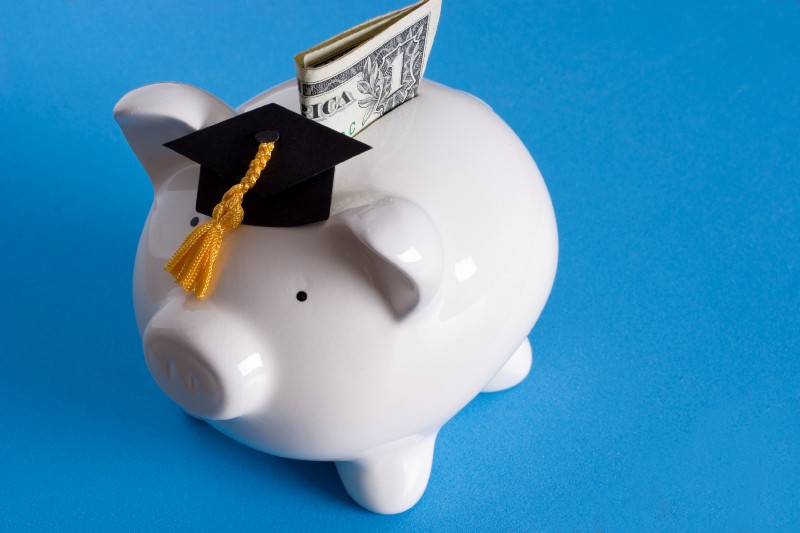Just like every other kind of loan that is extended to a consumer, a student loan, can have either a positive or a negative impact on your credit score. It all depends on how these lines of credit are managed. Defaulting on a student loan though, can definitely be one of the most damaging items on your credit report. This derogatory mark can remain on your credit report for as long as seven years. This can result with difficulties being able to finance a new home or vehicle.
It’s important to cover the effect of student loans as many consumers are unaware of its effects.
- Students are usually not fully educated of how the student loan process works. This usually leads to you not having a full understanding of how you will repay these student loans after you graduate. Be sure to educate yourself, asking questions never hurts!
- Student loans are typically given to individuals with brief credit history, such as individuals fresh out of high school. The loans are typically repaid by the individuals once they have recently finished college. This results with the graduate having little credit history established which makes a default on a student loan have a much larger impact to your credit score.
- Student loans are normally not just ONE student loan, but rather a series of separate loans. A majority of college students rely on these student loans every semester. Each semester when these new loans are requested, they are counted as a separate loan. So if you go to college for four years (eight semesters) and received lending each semester you would then have eight separate loans that you would have to repay.
- If one is to default on a student loan payment, typically, this means there is a default on multiple loans not just a single loan. Payment towards student loans usually consists of one large sump payment each month. Despite the fact that you have a series of multiple loans opened, most lenders will simplify the repayment by accepting the large sump and distributing the payment between all your loans. This means if you default on one single payment to the lender you may actually end up with multiple missing payments. This will ultimately affect your credit standpoint and scores.
 Lastly, recent graduates are often in a difficult position to be able to repay student loans. Statistics and articles are often reading of how difficult it is for a recent grad to secure a job after graduating, thus making finances tight. Some graduates find themselves taking several months or even years before they finally secure their first job. The student loans however must begin to be repaid as soon as six months after the last class was taken. If you do find yourself facing financial difficulties you may have options. Once again ask for your options and contact your lender immediately to avoid acquiring any derogatory marks on your credit.
Lastly, recent graduates are often in a difficult position to be able to repay student loans. Statistics and articles are often reading of how difficult it is for a recent grad to secure a job after graduating, thus making finances tight. Some graduates find themselves taking several months or even years before they finally secure their first job. The student loans however must begin to be repaid as soon as six months after the last class was taken. If you do find yourself facing financial difficulties you may have options. Once again ask for your options and contact your lender immediately to avoid acquiring any derogatory marks on your credit.
Another fact to keep in mind is that you cannot get rid of student loans. They cannot be filed through bankruptcy. Typically student loans are subsidized by the government meaning that these loans are one of the few types that HAVE to be repaid regardless of your financial standing. If you are to file for bankruptcy, this would still not remove your obligation to repay the student loans.
MSI Credit Solutions provides superior credit restoration and comprehensive consulting services that are reliable and affordable. For any questions or to schedule a free credit consultation, contact us at (866) 217-9841.
*The information in this article has been provided strictly for educational purposes.





